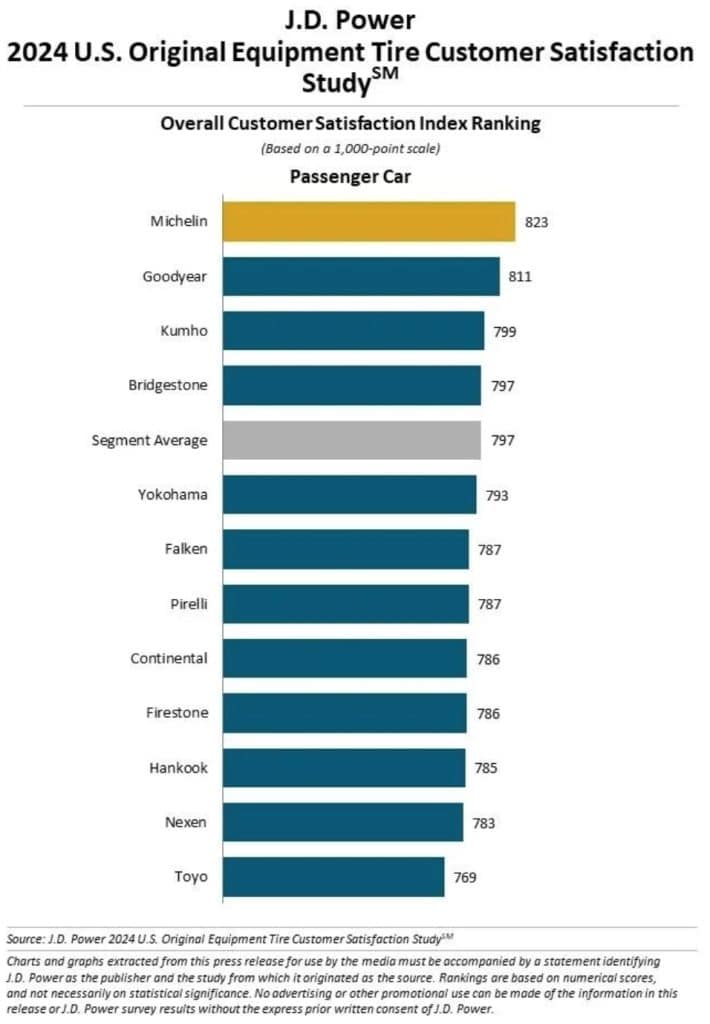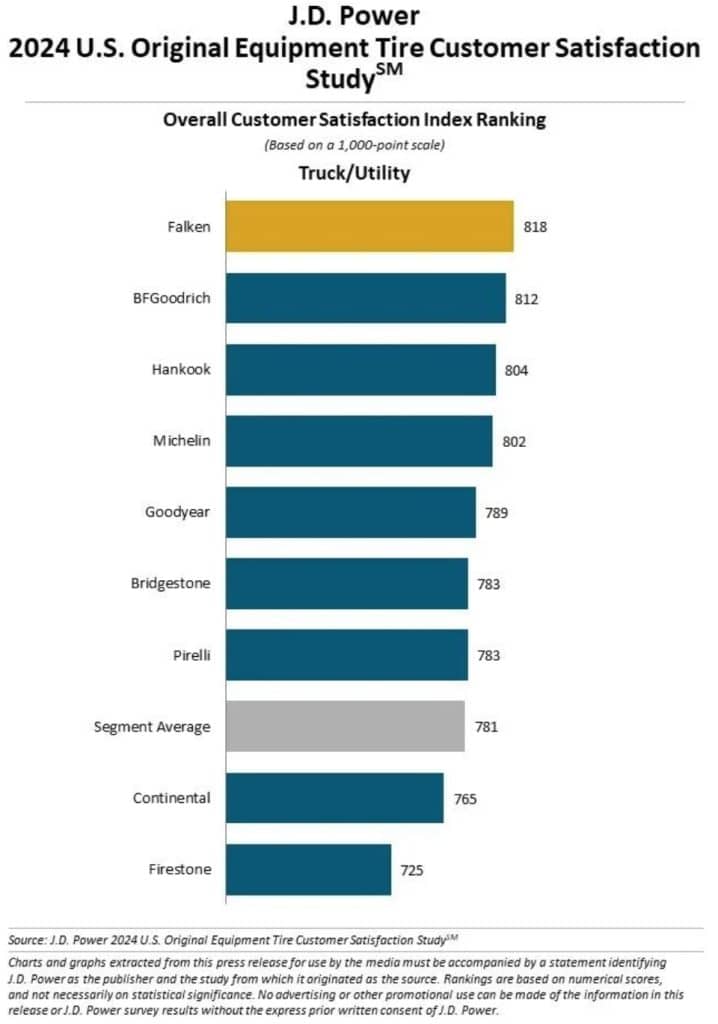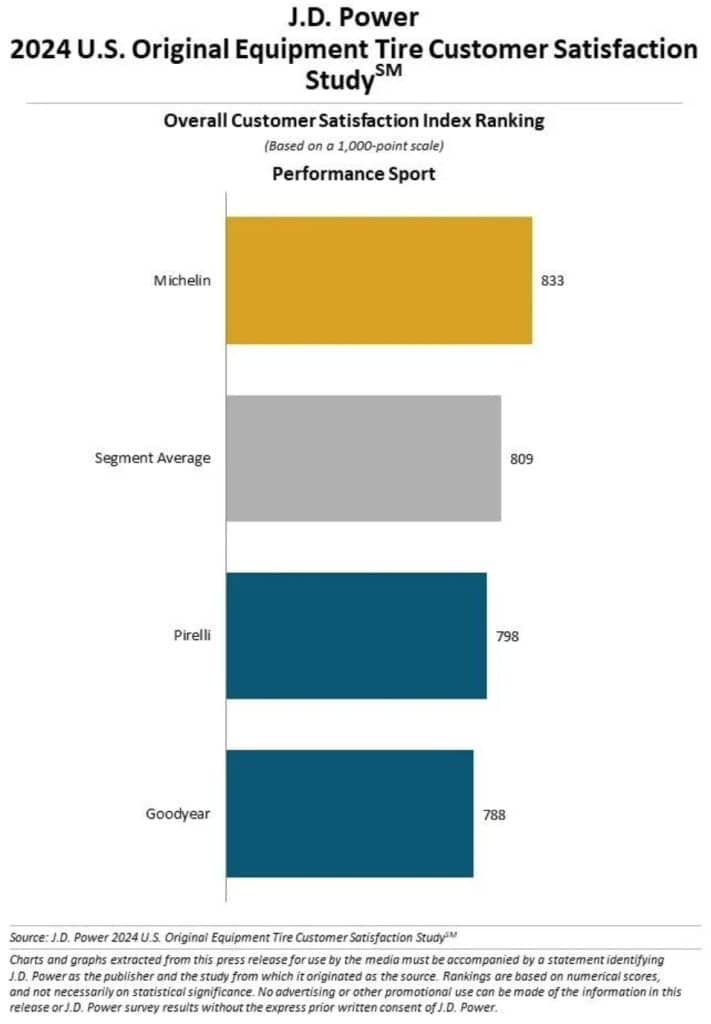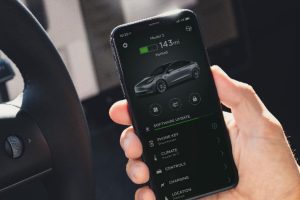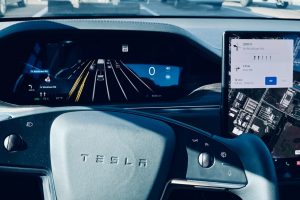- 🔍 A study by J.D. Power reveals that EV owners observe accelerated tire wear compared to gas vehicle owners.
- 🚗 Both EV and ICE owners have similar expectations regarding tire longevity, but EV tires tend to wear out more quickly.
- 💰 While EV maintenance costs are generally lower, tire wear is an exception, possibly due to EVs being heavier and offering higher torque.
- 📊 The study aims to evaluate new-vehicle owners’ satisfaction with tires based on criteria such as overall satisfaction, tire problems, and replacement behavior.
- 🏆 Michelin, Goodyear, and Continental rank as the top three tire options in the luxury segment according to the study.
- 📈 J.D. Power regularly shares data on consumer experiences in the automotive market, highlighting trends and preferences among vehicle owners.
As electric vehicles (EVs) continue to gain popularity, owners are navigating unique challenges, one of which is accelerated tire wear compared to traditional gas-powered vehicles. A recent study by J.D. Power sheds light on this issue, revealing crucial insights that EV owners need to consider to optimize their driving experience.
Understanding the Study Findings
According to the study, EV owners notice that their tires wear out more quickly than their gas counterparts, despite having similar expectations regarding tire longevity. This phenomenon raises questions about the factors contributing to accelerated tire wear in electric vehicles.
Possible Factors Contributing to Tire Wear in EVs
- Weight and Torque: EVs are typically heavier than traditional vehicles due to the weight of their batteries. Additionally, they often offer higher torque, which can exert more force on the tires, leading to increased wear and tear.
- Driving Behavior: The driving behavior of EV owners, including acceleration and braking patterns, can impact tire wear. Quick acceleration and frequent braking may accelerate tire deterioration.
Implications for EV Owners
Importance of Tire Maintenance
- Regular Inspections: EV owners should prioritize regular tire inspections to monitor tread wear and detect any signs of uneven wear or damage early on.
- Proper Tire Inflation: Maintaining optimal tire pressure is essential for maximizing tire longevity and ensuring safety on the road. EV owners should adhere to manufacturer-recommended tire pressure levels.
Selection of High-Quality Tires
- Top Tire Brands: The study identifies Michelin, Goodyear, and Continental as the top three tire options in the luxury segment. Investing in reputable tire brands can contribute to longer-lasting and more durable tires for EVs.
- Consider Tire Specifications: EV owners should consider tire specifications tailored to electric vehicles, such as those designed to handle the unique demands of electric propulsion systems.
Recommendations for Tire Manufacturers and Automakers
Educating EV Owners
- Performance Differences: Tire manufacturers and automakers should educate EV owners about the performance differences between EV and gas-powered vehicles, particularly regarding tire wear and maintenance requirements.
- Collaborative Efforts: Collaboration between tire manufacturers and automakers is crucial in addressing the challenges of maximizing vehicle range while optimizing tire wear for EVs. This partnership can lead to the development of innovative solutions to enhance tire longevity without compromising performance.
Conclusion: Navigating Tire Wear Challenges in the EV Era
As the automotive industry undergoes a transformative shift towards electric mobility, addressing tire wear challenges is essential for ensuring a seamless driving experience for EV owners. By implementing proactive maintenance practices, selecting high-quality tires, and fostering collaboration between stakeholders, EV owners can prolong tire life and maximize the performance of their electric vehicles.
